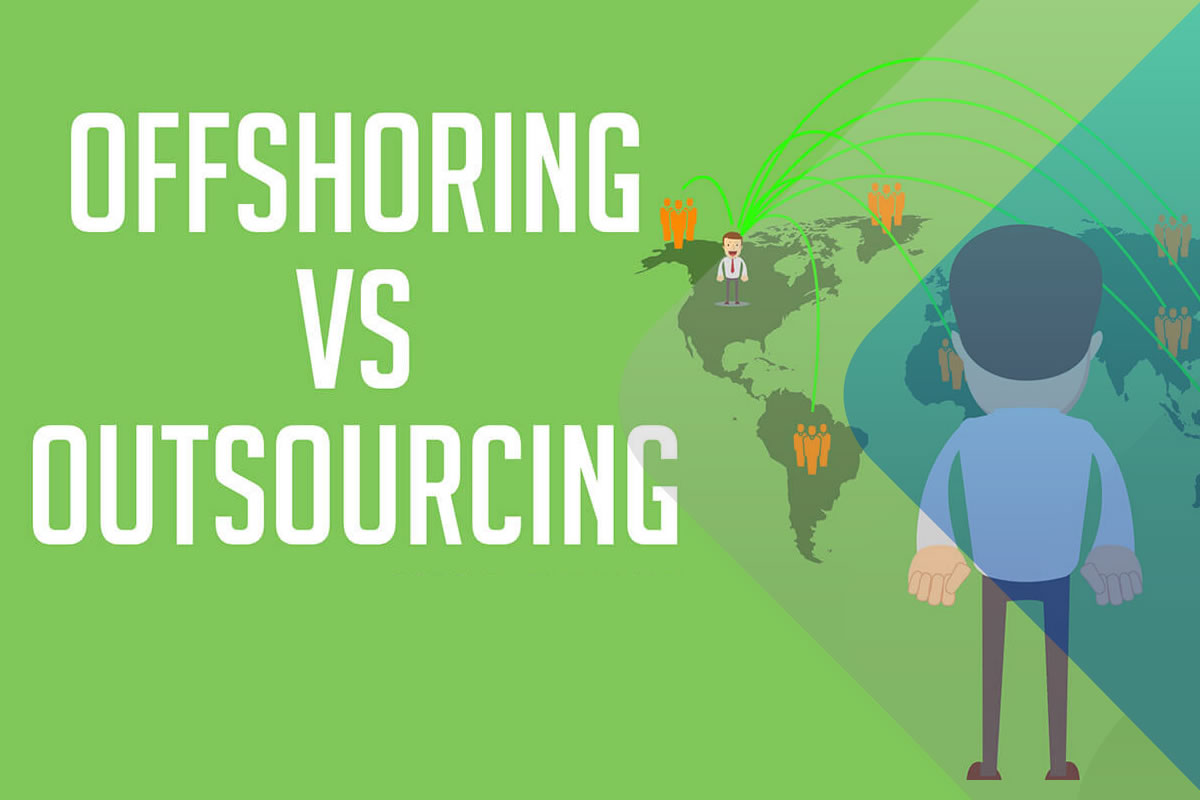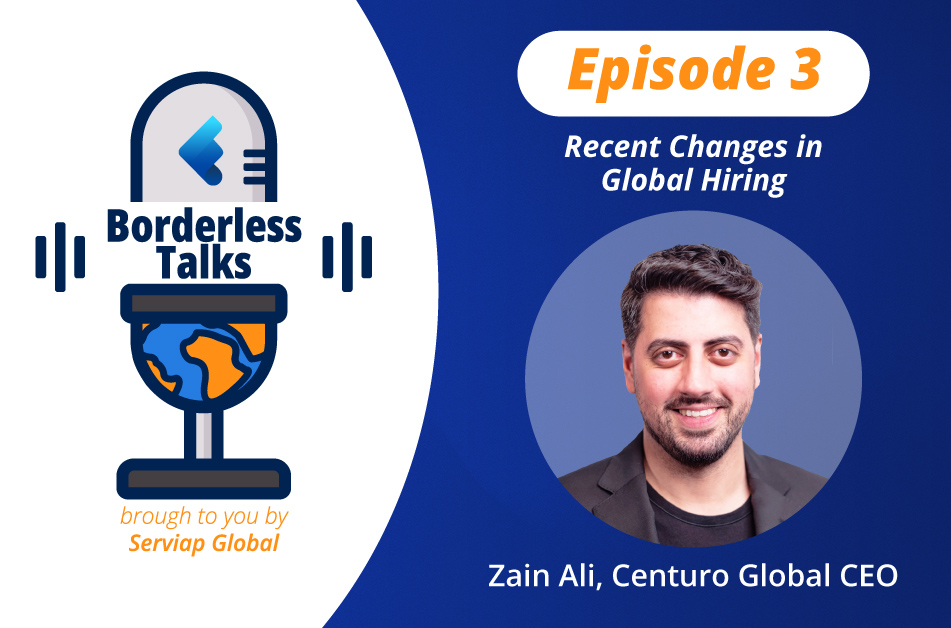Table of Contents
The terms outsourcing and offshoring often get used in the same context. Both involve hiring a third-party company to help manage work. While the basic concept is the same, there are some distinct differences between the two. Here’s what you need to know about the differences between outsourcing and offshoring, so you can determine which is best for your organization.
SERVIAP can help with your global expansion needs. Contact us today to learn how you can expand your business with PEO in South America and Latin America.
What is Outsourcing?
Simply put, outsourcing involves hiring a third party to handle one or more of your business processes or operations. In most cases, a business will outsource services that are either non-essential to the business or aren’t the core of what it does. A clothing design company, for instance, might outsource the manufacturing of its products—but it wouldn’t likely outsource the actual design of its products.
Some of the most common areas for businesses to outsource are IT, HR, and accounting. These are all necessary services but aren’t often the core focus of a company, so outsourcing these tasks can help to reduce costs while allowing the business to focus on the revenue driving tasks of their business.
Outsourcing Advantages
There are many potential benefits to outsourcing, including:
- Reduce costs: It may be cheaper to hire an experienced accounting firm to handle your financial back-end than hiring, recruiting, onboarding, training, and managing an entire internal accounting department.
- Specialized work: Services such as IT can be difficult for many businesses to understand and manage. By hiring an outside firm with this expertise, it removes the guesswork of such an essential service.
- Increase focus: By limiting the services managed in-house, a business can focus its resources on what it does best.
- Local access: Many businesses will outsource work to third-party companies that are based locally. For instance, an outsourced IT firm may be close to the hiring business’s location, allowing them to arrive on-site any time there is an issue that needs to be resolved.
Outsourcing Disadvantages
Some of the disadvantages of outsourcing include:
- Communication: When you outsource, you’ll need to rely on solid communications so everything runs smoothly. This puts an extra responsibility on you to stay on top of the company you hire.
- Employee morale: Employees at your company may be worried you are going to outsource their jobs eventually once they find out you’ve done so in another department. Be sure to communicate your outsourcing motives and goals with your existing team.
- Security: There’s always a security risk when you outsource an essential service. Another company will have vital company information and potentially vital access to your business’ systems. Ensure proper protocols and procedures are in place to mitigate risk.
What is Offshoring?
Rather than outsourcing locally, offshoring is a form of outsourcing that involves hiring a third-party company in another country. There are many types of offshoring, including co-employment contracts under arrangements with a Professional Employer Organization (PEO).
This practice is increasingly popular for IT and HR services, as foreign countries such as Brazil, Mexico, China, and India have made vast improvements among their educated workforces in these arenas. Offshoring to these countries allows businesses to reduce costs and enjoy other incentives.
Offshoring Advantages
There are many benefits to offshoring, including:
- Reduce costs: Cost is often one of the main drivers of offshoring. The cost of doing business in other countries is often significantly cheaper than it is in the U.S. In fact, the cost-savings that can be realized with offshoring is typically much more than local outsourcing. For instance, the average annual salary for software developers in South America is around $13,245, which is significantly less than the $110k average salary for developers in the U.S.
- Relaxed regulations: Some parts of the U.S. have tight business regulations. Other countries may have regulations that are more relaxed. This could increase productivity while reducing overhead and paperwork.
- Taxes: Foreign countries often incentivize companies to do business by offering tax incentives for certain industries as well as potentially lower income and corporate taxes.
Offshoring Disadvantages
Some of the drawbacks of offshoring include:
- Cultural differences: Cultural differences will exist when you offshore. This may cause disruptions in service or communication issues when it comes to a language barrier. Compared to India or China, offshoring to a Latin American or South American country can be better in this regard, as cultures are more similar to the U.S. and many residents speak English fluently.
- Oversight: It’s hard to keep tight oversight over the operations you offshore, since it will be located so far away. It may even be difficult to pick up the phone and get in touch with someone in charge right away, depending on the time zone difference. This is another area where offshoring to South America can be more beneficial than India or China. The time zones are the same or very close to U.S. time zones, making communication and collaboration much easier.
- Trust: You need to ensure you do your due diligence on the companies you partner with when you offshore. Working with a Professional Employer Organization (PEO) can help you to find and hire top talent while managing all administrative tasks and compliance in the foreign country.
Expand Your Business
SERVIAP is a leading Professional Employer Organization (PEO) ready to help your business expand operations throughout the Western Hemisphere. PEO is a model of co-employment, where we assume total responsibility for your talent, allowing you to focus on the strategic activities of your organization. Contact us today to learn more about how you can expand your business in South America and Latin America.






























